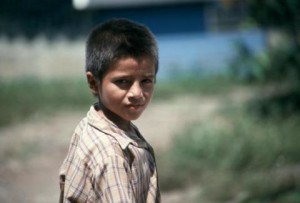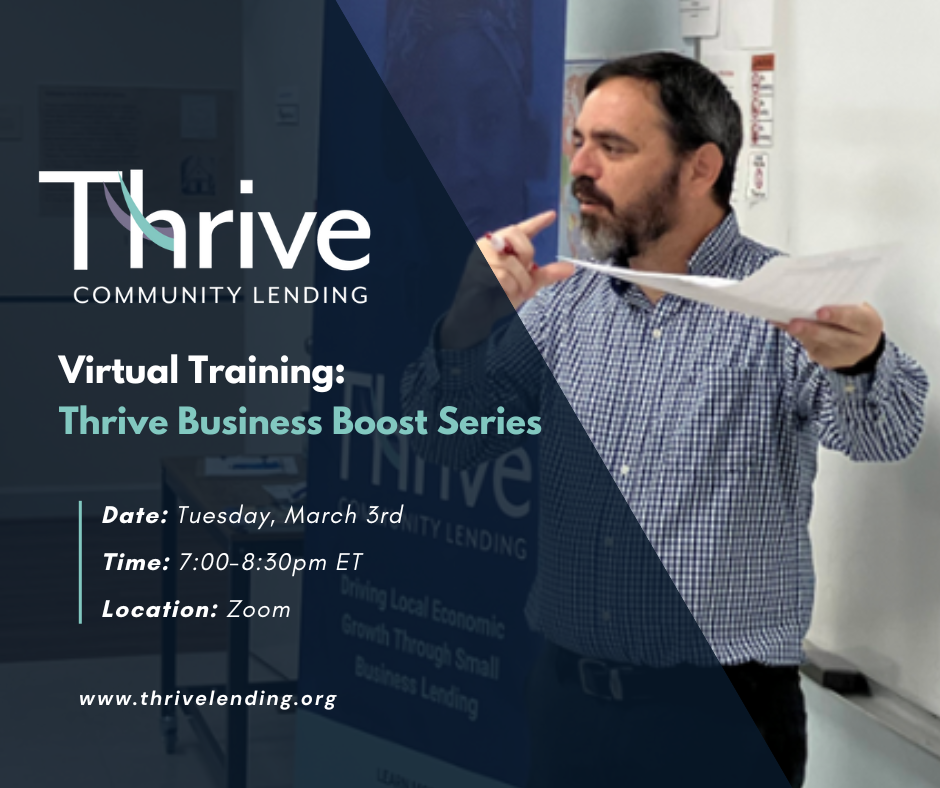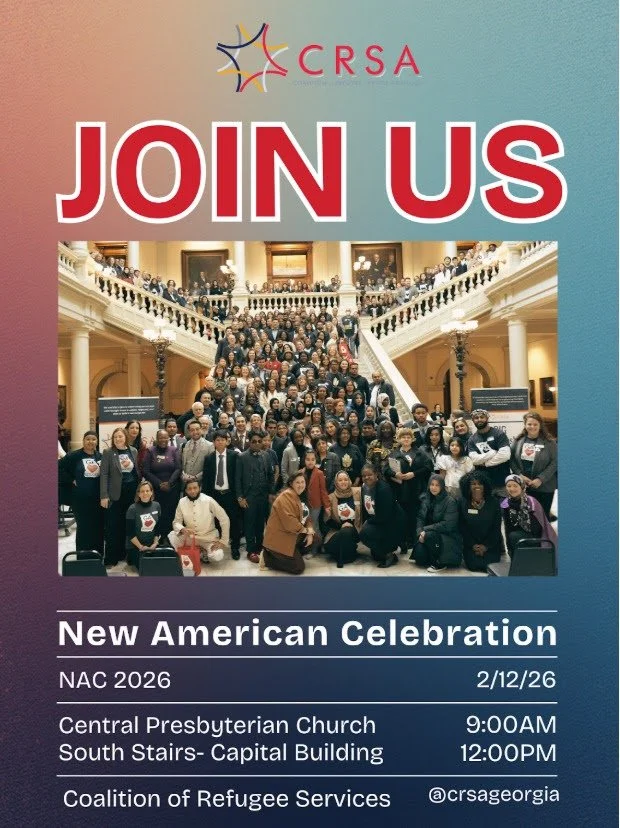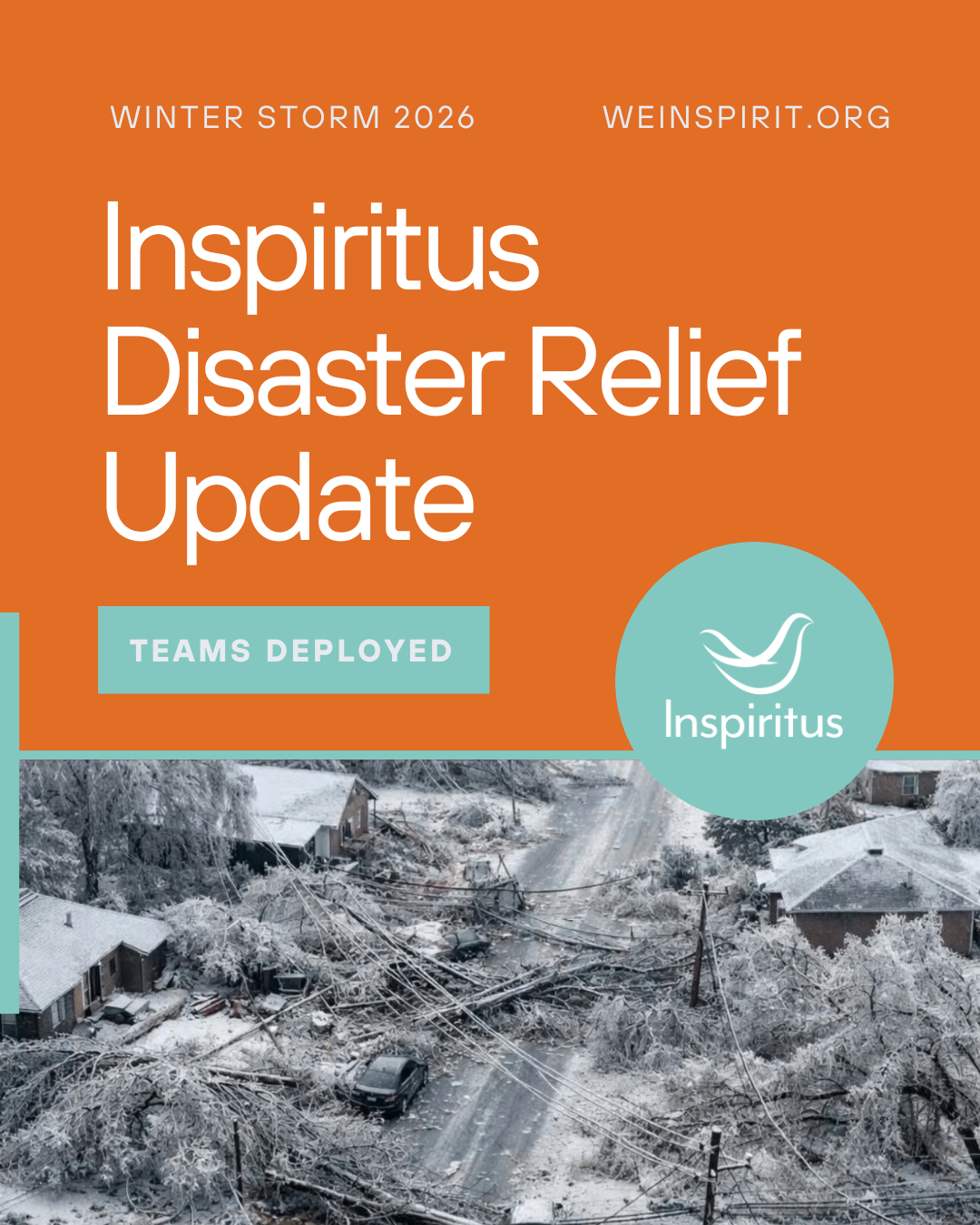"Even a Child Knows it's Better to Leave" - A Call to Mercy, Pt. 2
/For two weeks,Honduran-born U.S. immigration attorney Killa M. will share her reflections on life in Honduras and on showing mercy to unaccompanied children in "A Call to Mercy", a four-part LSG blog series. To read part one, click here.
Disclaimer: The views and opinions expressed in this article are those of the author and do not necessarily reflect the official policy or position of Lutheran Services of Georgia.
As a grieving daughter, I know the horror that children coming to the U.S. from Central America are escaping. Through my work within the immigration field, I have heard stories from children who have come to the U.S. after seeing their mothers, fathers, brothers, sisters, and friends raped, beaten, and murdered.
I’ve listened to a young lady tell me how she heard her neighbors being hacked to death. The next morning, she found the pieces of their bodies stuffed into their old television set. Another young man recounted the story of his brother being beaten in the streets and ultimately killed in front of him because he refused to join a gang. One of my closest friends suffered the loss of her cousin, a bright young woman who was just starting med school. She was murdered after resisting a kidnapping attempt. Last year, while visiting my family members in Honduras, my sister received a death threat which forced us to go into hiding. We left the country the very next day. My brother, also an attorney, was constantly followed and harassed to the point where he feared for his life and came to the U.S. seeking asylum. One of my Honduran friends put his hopelessness into words: “I would rather have been born a dog in any other place than a man in this forsaken country.” In our country, no one knows, no one hears, no one investigates, and no one is held responsible.
Currently, people in Honduras endure levels of violence that people in the U.S. would not tolerate for even a single day. In 2008, three years prior to the attack that led to her death, my mother was shot, but she survived. After that attack, she hired a bodyguard, which served no purpose other than to add to the death toll that horrible November afternoon. Like her, many in Honduras who can afford to do so will hire bodyguards and buy bullet-proof vehicles, just like in a war zone, and hope for the best. It’s a sad sight to see a 12-year-old walking through the mall with her friends, followed by armed men in bullet-proof vests. What kind of life is that? And what about those who live in poverty, who can’t afford to keep their children safe? The violence doesn’t discriminate. It’s obvious; even a child know it’s better to leave.
Check back on Tuesday, September 23, for part three of "A Call to Mercy". To read part one, click here. If you have questions about this blog series or for Killa, please contact Abi Koning, Communications Coordinator, at akoning@lsga.org.













